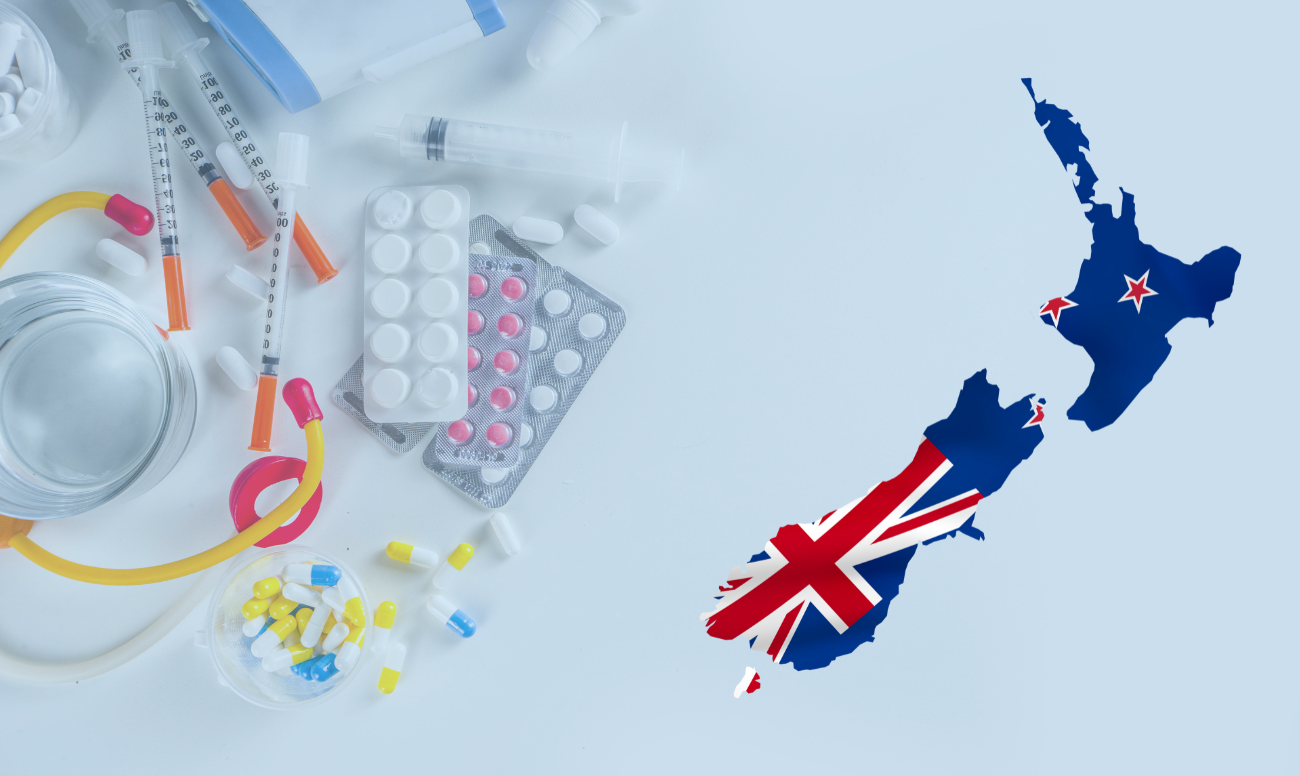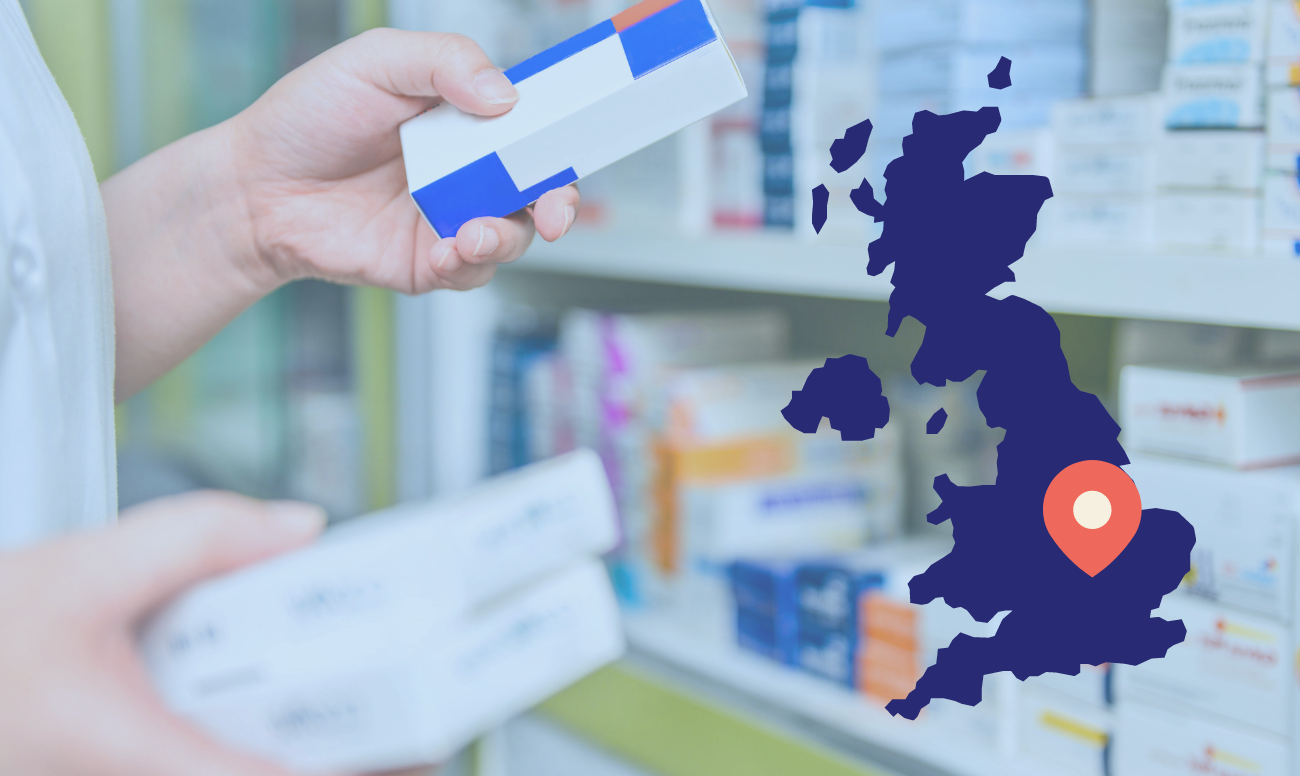
Medicine Access Challenges In Brazil And Named Patient Supply As A Solution
In Brazil, access to costly cancer & rare disease drugs remains a challenge despite the country’s Universal Health Policy. This case study analyzes the medicine access challenges in Brazil in 2024 and possible strategies to overcome these challenges, such as named patient supply to Brazil. We shall touch upon ways in which healthcare organizations and patients can procure difficult-to-obtain medicines that are not available in the country or are too expensive.
The Cost Of Medicines In Brazil
In Brazil, 78% of the population is assisted exclusively by its public universal healthcare system (SUS), and 22% is also covered by private health insurance companies. Before any drug or treatment becomes available for the patients, either through SUS, private insurance, or out-of-pocket spending, its safety and efficacy are evaluated by the Brazilian Health Regulatory Agency – ANVISA, and its price limit is determined by the Pharmaceutical Market Regulation Chamber. Recently, the prices set for new treatments have limited the access to these drugs.
Ongoing Challenges With Brazil’s Public Health Policies
1. High Price Of New Rare Disease Treatments
Given the limited patient population for rare diseases & insufficient evidence of the superiority of new treatments, SUS often does not cover these costly treatments.
2. Hurdles In Access To New Cancer Treatments
New medicines not only need to be approved by ANVISA but also need secondary approval by CONITEC or ANS for public or private insurance coverage respectively, thereby delaying access to life-saving cancer drugs.
3. Uneven Access To Essential Medicines
Studies reveal variations in the availability of essential medicines at public pharmacies across Brazil, with some regions struggling more with access to essential supplies.
Possible Solutions To Overcome Hurdles With Access To Life-Saving Treatments In Brazil
1. Named Patient Imports
For unapproved drugs that are authorised in other countries, patients may apply for named patient use with a prescription from their healthcare professional. According to Resolution RDC 81/2008, “pharmaceutical products for which marketing authorisations have not been granted can be imported by individuals for personal use only. A request should be presented to ANVISA with documents that allow for an assessment of (1) whether the product has had marketing authorisation issued in its country of origin, and (2) the efficacy and safety of the drug.” This provision can help patients privately procure innovative or affordable treatments not authorised in Brazil.
2. Right To Health Litigations
Brazil offers the right to health to all its citizens. Therefore, if a treatment for a debilitating or life-threatening disease is not covered by SUS, citizens can file a lawsuit against the state of Brazil to enforce this right and demand reimbursement. The number of such cases for rare disease treatments has risen over the years, and in most cases, SUS had to pay for the treatment as per the court’s orders. Through this mechanism, hundreds of patients have obtained treatments for rare diseases like Mucopolysaccharidosis, Fabry disease, and Hunter Syndrome.
3. Affordable Generics
Generic medicines are a cost-effective option for low and mid-income populations. Patients and health advocates in Brazil have been demanding compulsory licensing for costly patented drugs so that affordable generic versions can be manufactured in Brazil. One such example is that of Sofosbuvir, a Hepatitis C medicine priced at up to $343 per capsule when a generic version could bring down the price to $8 per capsule.
The Path Ahead To Improve Access To Medicines In Brazil
To further improve access to life-saving medicines in Brazil, the government, healthcare entities and advocacy groups must work towards achieving the following goals –
1. More Funding For Public Healthcare
The allocation of a higher budget for public healthcare can prevent medicine shortages and allow SUS to fund innovative and expensive treatments to cater to the unmet needs of patients suffering from life-threatening disorders, without the hassle of filing “right to health” litigations.
2. Improved Access To Generics
By authorizing generics produced in other countries and further strengthening the manufacturing capabilities for generics in Brazil, the country can provide more cost-effective alternatives to expensive life-saving treatments.
3. Higher Awareness About Expanded Access & Named Patient Programs
Currently, ANVISA allows the importation of unregistered medicines for personal use with a valid prescription and supporting documents under the Expanded Access program. Patients must be aware of this provision to procure unauthorised medicines available in other countries as per their healthcare professional’s advice. Through Named Patient Imports, a larger patient population can have access to treatments for life-threatening disorders, thereby propagating health equity in the region.
At Eudaico, we offer named patient supply to Brazil to fulfill the unmet pharmaceutical needs of patients. Through our network of accredited manufacturers, we provide high-quality medicines at cost-effective prices. Contact us to learn more about our services and how to obtain special permits for named patient imports.







